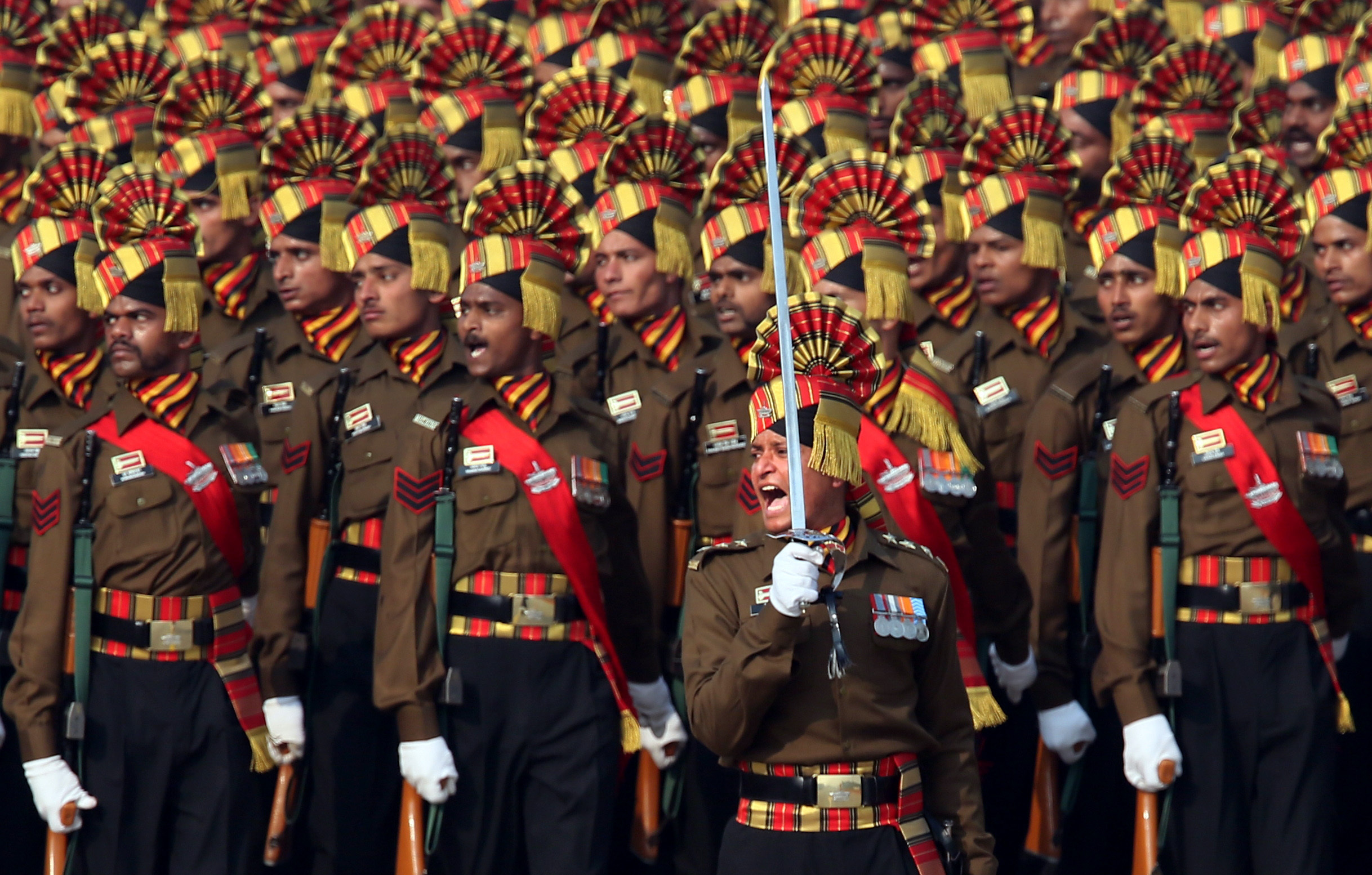
Future Indian Forces With Indigenous Character
Thu, 24 Jun 2021 | Reading Time: 5 minutes

Future Indian Forces With Indigenous Character
Lt Gen KJ Singh (Retd)
PM’s Modi’s statement at Kevadia, while addressing Combined Commanders conference has generated considerable interest, in strategic circles. The address was basically focused on building – future force, technologically advanced, with indigenous character. It is the latter part of this speech, which has been used by media to create ripples. The statement has been extrapolated to imagine forces being given ideological twist, in line with ruling party’s agenda. Pakistani experts have also applied Chinese template of centenary goals, implying that reorientation, is part of run-up to 75th year of independence. It appears that strategic experts in Pindi are to an extent spooked and worried, but also utilising it for their own motivated agenda.
Pakistan’s hype is to be comprehensively debunked, as it amounts to dark and stained pot calling clean kettle black. Pakistan Army was subjected to ideological overhaul under President, General Zia-ul-Haq in 1988. Zia decided to give Islamic character to their Armed Forces. They needlessly took upon themselves, the additional role of guarding ideological frontiers, besides the physical boundaries. Limitations and hypocrisy of this boast are apparent with Pakistan not being able to even comment on ‘Hanisation’ of Xinjiang and merciless persecution of hapless Uighurs.
The traditional motto of ‘Ittehad, Yaqeen, Tanzeem’ (unity, faith and discipline) was changed to ‘Imaan, Taqwa, Jihad-fi-sablillah’ (faith, righteous and holy war in the path of Allah). Pakistan Army’s official web-site, reading in parts like objectives of extremist groups, states that – “The mission and aim of Momin is martyrdom”.
Zia also made “The Quranic Concept of War” by Brigadier S. K. Malik, which legitimises use of terror, as mandatory text for forces and promotion examinations. The book is probably the most blatant misinterpretation of holy ‘Quran-Sharif’ and concept of Jihad. Pakistan Army itself terms such activities as ‘Fassad’ and named their anti-terror operations as, ‘Raad-ul-Fassad’. It is interesting that Pakistani experts in their interactions are beginning to demand reforms like de-radicalization and de-politicization of their armed forces. This may not find traction easily but such articulations are welcome and warranted.
The question being raised is, while there is beginning of realization, for moderation across the borders, will secular and apolitical Indian Armed Forces, in the garb of indigenisation, tread the dreaded path in opposite direction?
The most important requirement is to imbibe the macro thrust of PM’s speech. It advocated holistic endeavour for Indian character, going beyond indigenous equipment and just ‘Make in India’ and ‘Atmanirbhar Bharat’ initiatives. The key take-aways should be transformation for future wars, in terms of doctrines, concepts and technological up-gradation customised to Indian ethos and our unique set of challenges. It also suggests transition from ‘silo-based’ to integrated decision making, which has to be steered jointly by defence forces and politico-bureaucratic structures.
Debate is currently skewed towards suggestions for discarding legacy systems, procedures and customs. The caveat that was added by PM is- legacy systems that have outlived their utility. It will be appropriate to take stock of our core values. While there can be many views but these can be flagged as; secular and apolitical character. In addition, we have remained committed to Chetwode ethos, wherein officers lead from the front, take risks and accord primacy to unit’s izzat (honour), which translates to patriotism. Our counter-insurgency strategy has always been based on proportionality of response and winning over ‘Awaam’ (populace). Moralistic dimension and trusting nature have been our hall marks, though time and again, it has resulted in unpleasant surprises.
The central issue being reiterated, mischievously by Pakistani experts is theological reorientation, which is farfetched. Indian Army follows a unique version of secularism. It can be described as – Unit Mandated Pluralism (UMP), implying religion of troops is faith of all, including officers. Unlike secularism, which promotes separation and abstinence by state or authority from religious affairs, it is inclusive and even celebratory. All faiths, festivals and customs are celebrated jointly.
Simply explained, Colonel Shakeel Ahmed recites Ardaas with his Sikh troops. Even after retirement, my wife, while visiting regiment, guides me to go to Mandir before Gurdwara. The bravest of brave regiment, Jammu and Kashmir Light Infantry (JAKLI) has MMG (Mandir-Masjid-Gurdwara) and Poona Horse (with Pakistan given honorific, ‘Faqar-e-Hind) believes that hand of God in their insignia is Allah’s. Grenadiers company that assaulted Tiger Hill spooked so called Mujahidin, with ‘Allah-o-Akbar’.
With such traditions and UMP-DNA, it is not possible and better not to even attempt, any tinkering. At one time, one PM pushed for Karnataka regiment, citing example of Bihar and Punjab regiments, it couldn’t find any traction. Hope this generation will safeguard time tested traditions. We have won four wars with this ethos and if it ain’t broke, why fix it?
Changes should ideally be based on felt need and even when catalysed from top should be built on consensus and consultation. They should be piloted and tested in controlled sample environment; their pace should be gradual. There is much hype on switch from Liddle Hart and Clausewitz to Arthashastra. We have always been studying Kautilya in our courses. It will be relevant to draw attention to Army War College (AWC)-Combat paper of 2016, titled ‘Ancient Indian Strategic Military Culture’. Accordingly, emphasis on thought leaders like Rajendra Chola, Shivaji, Lachit Borphukan, Rana Pratap, Guru Gobind Singh and Kanhoji Angre can be enhanced. However, strategic thought is hardly ‘zero-sum’ game, let there be more additions, but don’t discard Sun Tzu and others, especially strategic experts from China and Pakistan.
There is talk of discontinuing traditional band tunes like ‘Auld Lang Syne’ and ‘Abide with Me’. Here, also it will be appropriate to effect such changes in unit level pipe bands. Our strength and domain competence in martial music should be preserved with brass bands and orchestras. Historic Battle Honours, seemingly archaic, are still part of regimental heritage and can be kept for internal regimental circulation with more relevant and contemporary ones used outside.
Dress is another part of visible change, hopefully, functional, standard and quality combat kitting and uniform dress, particularly winter variant will be ensured for all, including officers. Another issue needing attention is hyped up ceremonial drill with Attari-Wagah like demonstrative drill and ceremonial decked-up attires, triggered by copycat competition. It is time to revert to functional and classic variant of drill, subdued but graceful. Ceremonial dress replete with hackles, spats, cross straps and other accoutrements needs to be simplified and based on inherited traditions.
The bottom line is that while fears of Pakistan are motivated, meaningful holistic review certainty can’t happen on shoe-string budget. It is predicated on adequate funding and simplified procedures through integrated decision making. Otherwise, there will be only tinkering and cosmetic, pro-forma changes.
*************
Disclaimer: The opinions expressed within this article are the personal opinions of the author. Chanakyaforum.com is not responsible for the accuracy, completeness, suitability, or validity of any information on this article. All information is provided on an as-is basis. The information, facts or opinions appearing in the article do not reflect the views of chanakyaforum.com and it does not assume any responsibility or liability for the same.
Author
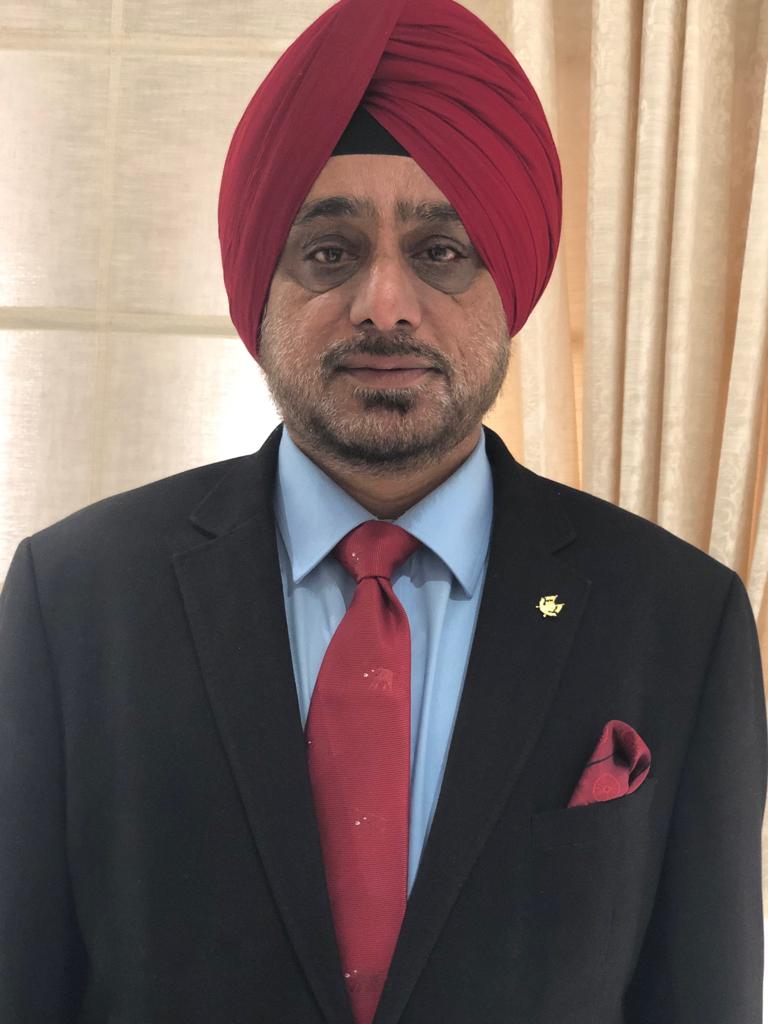
Lt Gen KJ Singh, PVSM, AVSM & Bar, is former Western Army Commander and is currently the State Information Commissioner. He holds Maharaja Ranjit Singh Chair in Panjab University. He has had a stint as Advisor to CM and is a member of UT Advisory Council.
Disclaimer
The opinions expressed in this article are the author’s own and do not reflect the views of Chanakya Forum. All information provided in this article including timeliness, completeness, accuracy, suitability or validity of information referenced therein, is the sole responsibility of the author. www.chanakyaforum.com does not assume any responsibility for the same.
Chanakya Forum is now on . Click here to join our channel (@ChanakyaForum) and stay updated with the latest headlines and articles.
Important
We work round the clock to bring you the finest articles and updates from around the world. There is a team that works tirelessly to ensure that you have a seamless reading experience. But all this costs money. Please support us so that we keep doing what we do best. Happy Reading
Support Us









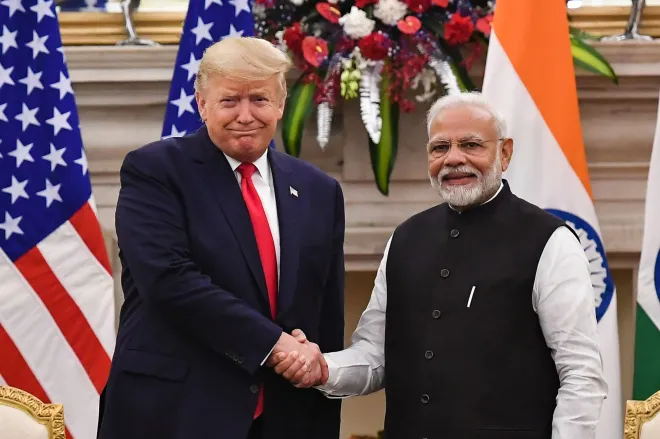
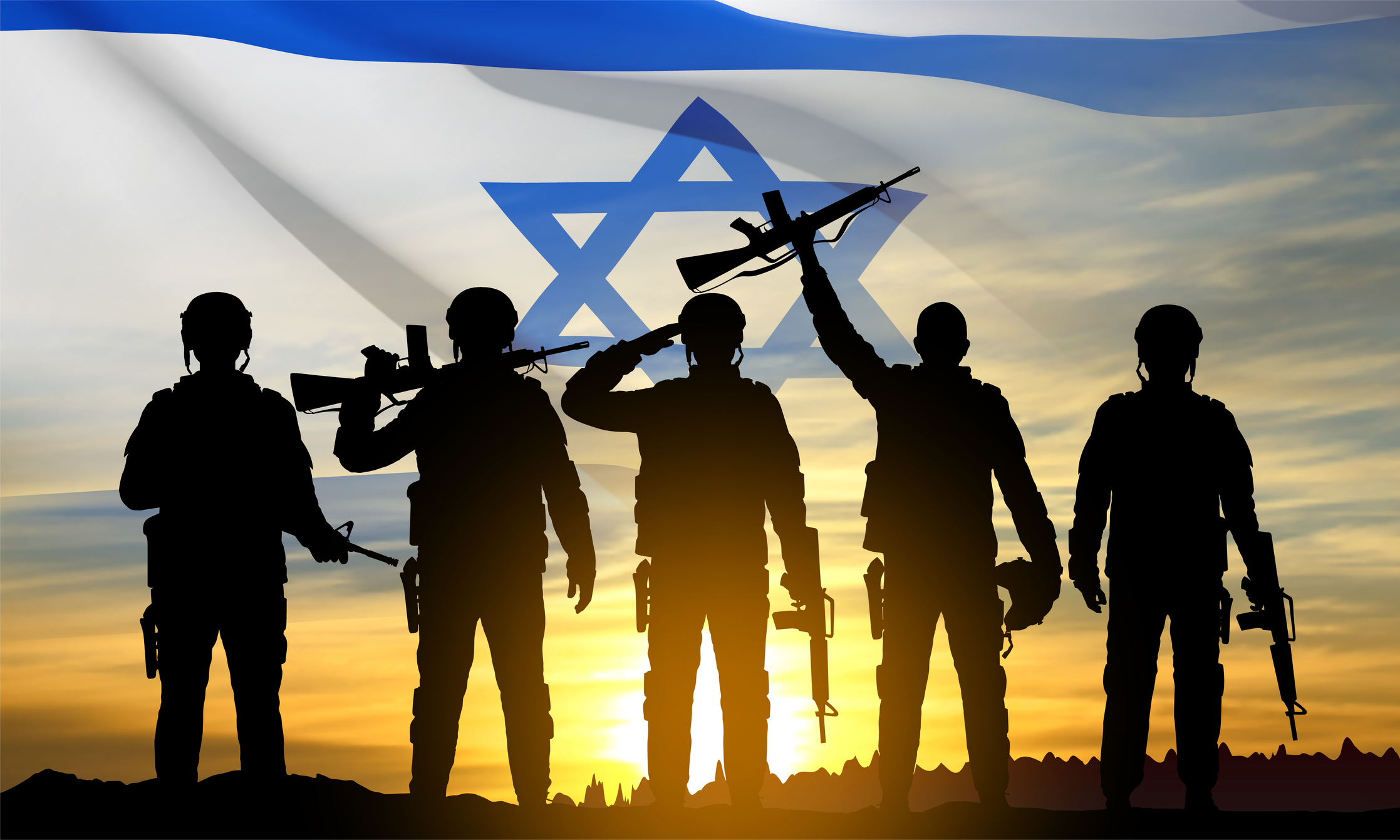

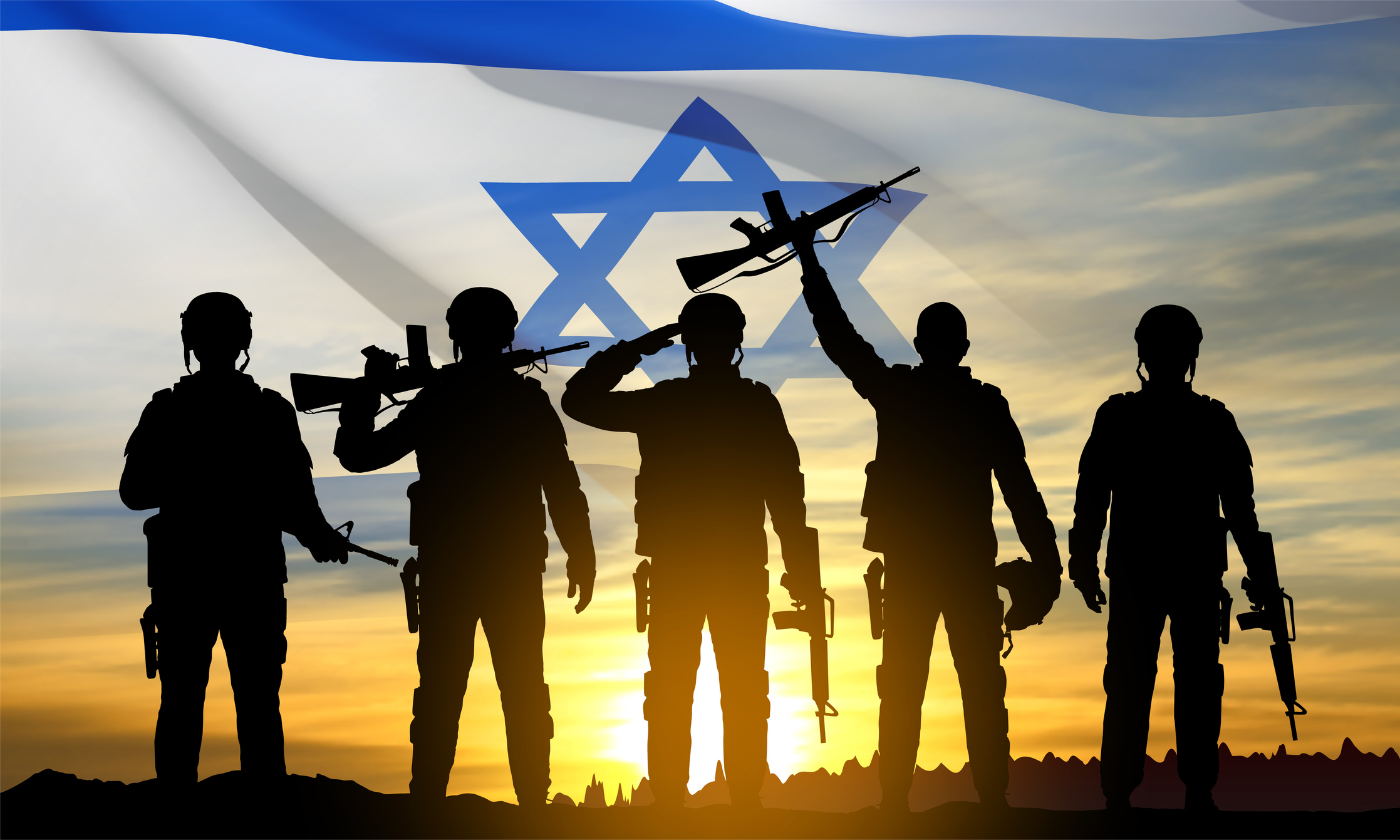
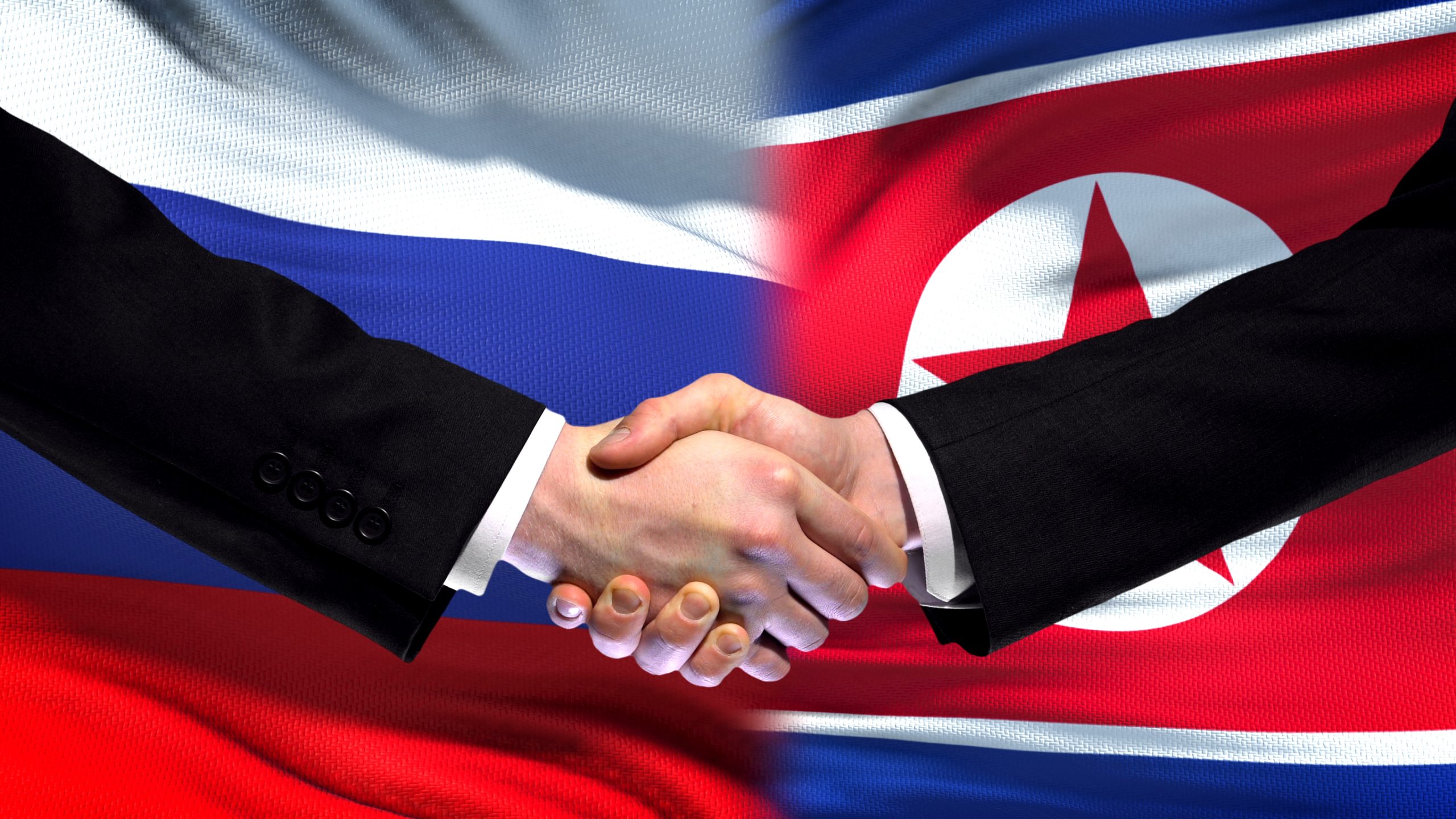






POST COMMENTS (7)
Deepan Gill
anandhapadmanabhan
Cdr Sandeep Dhawan
Mukesh.Naik
Vivek Tigga
Parag
Arjun Jai Viren